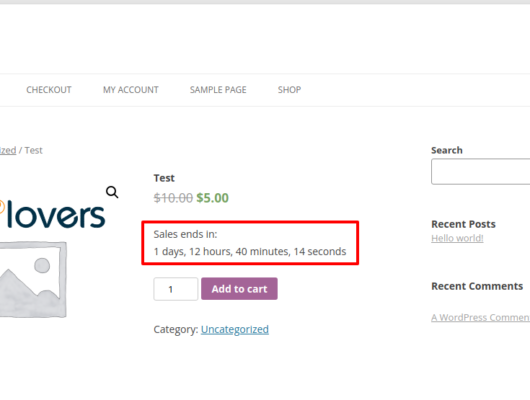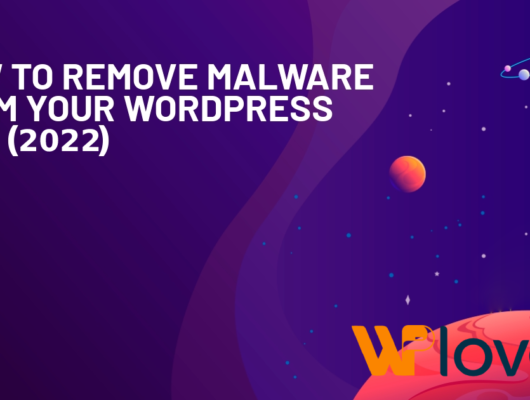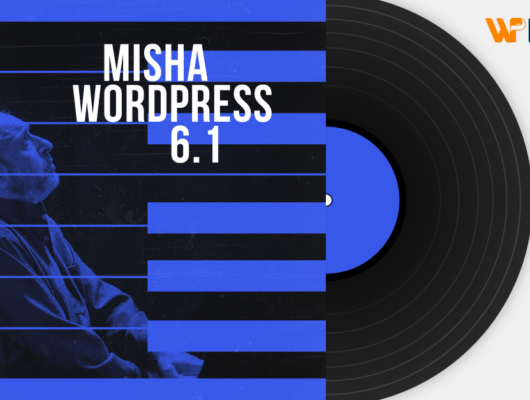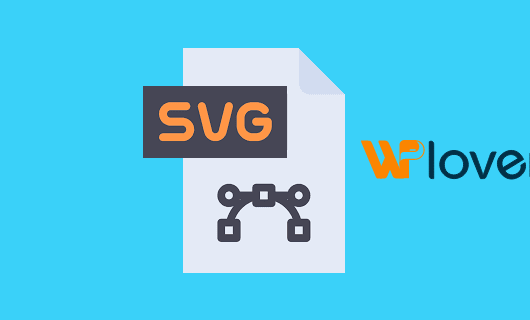WordPress is used by over 63% of websites as a content management system (CMS), and some of the biggest brands in the world rely on the platform. Open source WordPress powers over one-third of the web – check out the real-time counter that tracks downloads.
There are hundreds of thousands of web hosts that meet WordPress’ minimum web hosting requirements. You want more than the bare minimum, though – you need a rich and trustworthy host that you can stick with for years to come.
This article will cover the WordPress hosting problems most clients are nervous about. For example, a top concern is being responsible for websites that can’t perform well because they’re slow to load or experience a lot of downtime. Website owners are also worried about servers that are vulnerable to security breaches, support teams that take way too long to solve a web hosting issue and pricing that’s unclear.

1. Slow Speeds
Slow loading times are at the top of the WordPress hosting problems list. When a site takes too long to load – even more than two seconds – customers can leave and businesses can lose revenue. There are several reasons why a WordPress website may be laggy:
- Slow server
- Poorly-optimized website
- Slow-loading external scripts
In the worst-case scenario, all three of these WordPress hosting problems occur at the same time.

Plugins and scripts can slow a website down by over 300 percent. Every time a third-party asset is added – a Pinterest “Pin It” button, an Amazon tracking code, a YouTube video – the risk is that the site will slow down.
To increase site speed, you need to know what’s slowing it down. First, you have to take inventory of the different assets and plugins on the site. Then, you have to determine which ones are causing the biggest WordPress hosting problems. Next, you have to figure out which ones the client can live without, then remove them to see if the problem improves. There’s also the option to set some of them to load last so that the rest of the page can still load quickly and keep visitors engaged. With the right approach, you can ensure that pages load in under two seconds.
2. Vulnerable Servers
Some of the biggest brands in the world have been victims of breaches and hacks, making this one of the most worrisome WordPress hosting problems you can face. When your server is vulnerable or your web hosting provider lacks the proper security methods, all sorts of scary events can take place. For example, fake admin accounts can be created, and then cyberattackers can log into the WordPress backend to add malware to the site. Site traffic can then be hijacked and redirected to spam sites.
Top hosting companies have multi-level security measures, including:
- Option to disable the WordPress admin login page
- Required multi-step verification when logging in
- Automated backups, plus cloning and site restoration options
- Regular malware scanning
Furthermore, every modern service provider should have the basics, like firewalls, SFTP and SSL certificates, to avoid security-related WordPress hosting problems.
3. Server Instability
When your server isn’t stable, the WordPress websites you host can experience downtime. That makes them unavailable to visitors, severely impacting a client’s bottom line.
Let’s say a client who runs a small business gets a chance to pitch on Shark Tank, and it goes incredibly well. When the show airs, their website gets slammed with traffic. After a few minutes, though, the website crashes, or it slows down so much that visitors get impatient and leave.
If your agency has a hand in losing all of that revenue for a client, they won’t trust you any longer, and they’ll take their business elsewhere.

The best, most reliable solution to these types of WordPress hosting problems is using multi-container servers that guarantee uptime. This type of game-changing technology means that when a site gets a traffic surge, new containers are automatically deployed to ensure the website can keep up. Also, by using multiple load-balanced containers, instances of your WordPress site are duplicated so that your site is always available no matter what, even if there are outages.
4. Cost Uncertainty
When considering web hosting companies, you may be unsure of what you’re paying for so you can avoid common WordPress hosting problems. Complex hosting packages make it difficult to understand what a hosting plan does and does not include. Look for a hosting provider that has transparent, easy-to-understand pricing and who will only charge you for what you actually use.
While monthly and annual charging is the norm, usage-based pricing may charge by the hour when traffic surges. Ultimately, you’re only billed for the traffic that actually occurs. Otherwise, you’d have to upgrade your web hosting services to account for sporadic traffic surges, then pay that premium cost all month long.
Also, top hosting companies should offer customized hosting plans. Blanket bulk packages include a ton of features you’ll never use.
5. Poor Customer Support
Bad customer support means that you spend too much time trying to resolve WordPress hosting problems. The back-and-forth, never-ending email support loop based on ticketing systems should be a thing of the past. As the client, you shouldn’t have to tackle your own technical support. Look for next-generation, proactive customer support:
- It’s best if you can chat with an agent live – they’ll help you solve your problem in real-time so you can get on with your day.
- If there’s a virtual private server (VPS) issue at any point (or any other WordPress hosting problems occur), the team should know right away.
- Websites should be monitored minute-by-minute. If anything goes wrong, the team should be alerted immediately to intervene and fix the problem.
At one point or another, you’re bound to deal with common WordPress hosting problems. You don’t have to solve them on your own, though.
Final Thoughts About Solving WordPress Hosting Problems
The right provider will be clear about what they offer and how they can solve common WordPress hosting problems. If you need more guidance, a live person should be available to speak with you. When you trust your hosting provider, you can take a lot of to-dos off your list, like website optimization and monitoring your site for security issues.
Your clients depend on their websites. When you trust an auto-scaling, self-healing platform-as-a-service with non-stop monitoring from tech support, you can continue to serve them without dealing with common website hosting problems. Concentrate on what you got into your industry for: to be creative, help your customers, and enjoy your day-to-day job.




